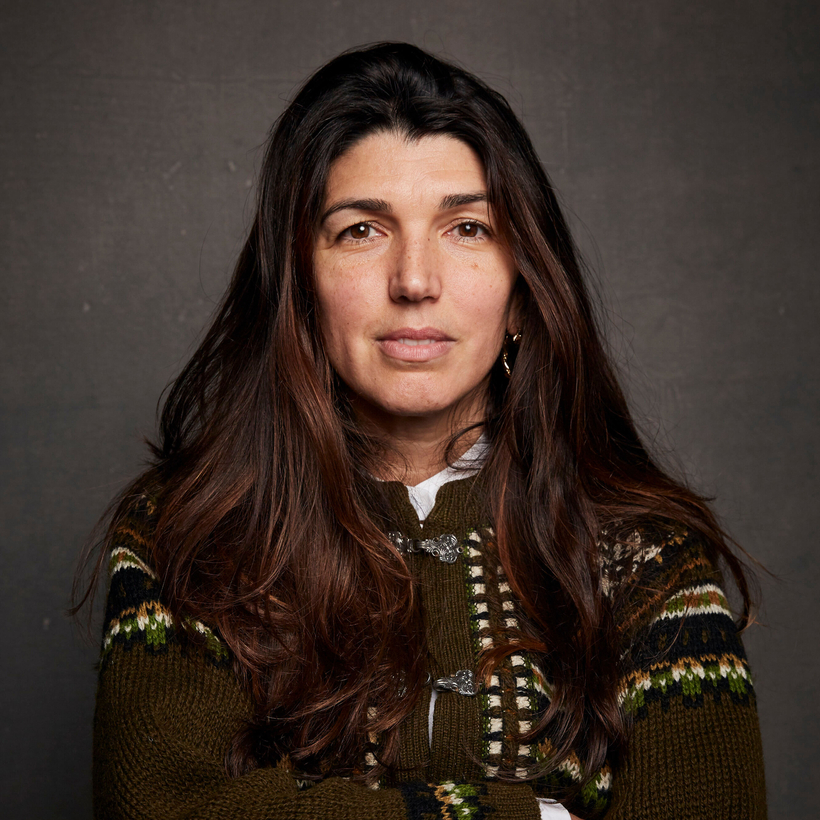This past January, 10 years after her debut film, The Imperialists Are Still Alive!, premiered at Sundance, Zeina Durra was back in Park City for Luxor, her slow-burn romance set in the Egyptian city of the film’s title and co-starring British actress Andrea Riseborough and French actor Karim Saleh. Just a few months later, the London-based filmmaker, 44, followed the rest of the world into lockdown, and she is now experiencing the complexities of releasing a film virtually across the U.S. and U.K. (Luxor, just out, is available in selected theaters and online on Amazon Prime.)
The idea for Durra’s second film came to her not through a history book or a news article but in her sleep. “I went to bed and had a dream about Luxor and a woman walking around the temples and ruins,” says the British-born, Bosnian-Palestinian filmmaker, for whom ancient Egypt has always been a source of inspiration. “When I woke up, I spoke to one of my friends, who’s a cinematographer. And she said, ‘I think this is the film you should make.’”


